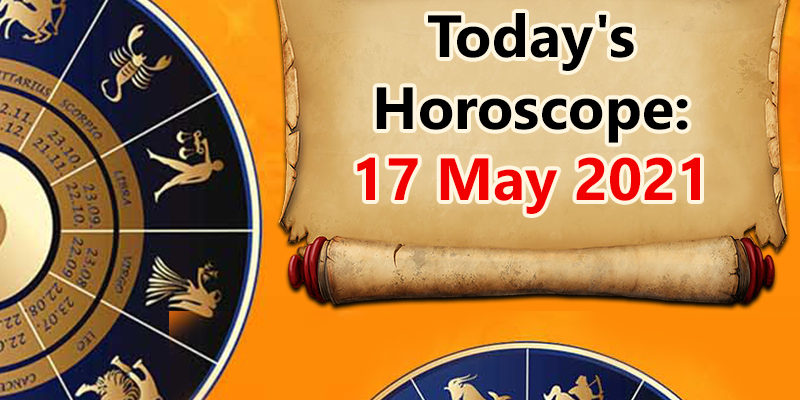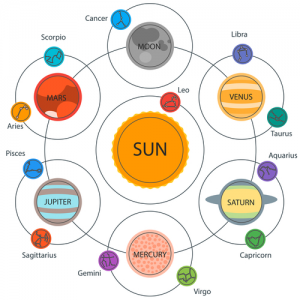

They form when planets are 90 degrees (three signs) apart. Squares are often considered the most difficult, uncomfortable, or challenging aspect in astrology. They help us grow, they help us learn, and they give us certain traits and skills that are uniquely valuable to our journeys here," she tells mbg. "But all conjunctions, even the challenging ones, serve a purpose in the life of a soul. While conjunctions are usually thought of as favorable, it can depend on the planets involved, according to Budd, who notes that conjunctions involving Venus or Jupiter are likely more beneficial than those involving Mars or Saturn, for instance. "An Aries person, for example, with Venus next to their sun will be profoundly different than an Aries who has Mars next to their sun (or no planets next to their sun)," she adds. "This is very important, as it can change the overall impact of that planet in a person's chart and life," Budd notes.įor example, if a person has Venus next to their sun, she says, this significantly influences their personality. When planets are conjunct, their energies blend, amplifying the themes associated with those planets and the sign they're in.



With that in mind, here's a primer on the five major aspects you'll see on a chart and what they represent:Ī conjunction happens when two planets align with each other in the same sign (unless they are very near a cusp, the midway between two signs), close to the same degree, Budd explains, adding that exact conjunctions are the strongest. Awareness allows you to highlight your strengths and work through your weaknesses." "The benefit of understanding aspects, even just a little, is that you may be able to have compassion for your squares, oppositions, and conjunctions (and the impact they have in your life)," astrologer Kayse Budd, M.D., explains, adding, "With knowledge, you can attempt to make peace with the way you are. Aspects are also important when thinking about astrological compatibility between two people. We can identify these aspects within our own charts, but on a daily basis, the planets in the sky are always forming aspects, affecting the energy of the day. We'll get into what each means later on, but essentially, an aspect represents a relationship between two planets' positions relative to each other (i.e., Sun conjunct Venus).Īs astrologer and author of Queer Cosmos Colin Bedell explains to mbg, "Each relationship of an aspect talks to a particular theme-some that feel a little bit more tension, which can provide some opportunity for growth, and then other aspects can have a little bit more ease, which may offer some complementing energy." The five major aspects in astrology are conjunctions, sextiles, squares, trines, and oppositions.


 0 kommentar(er)
0 kommentar(er)
